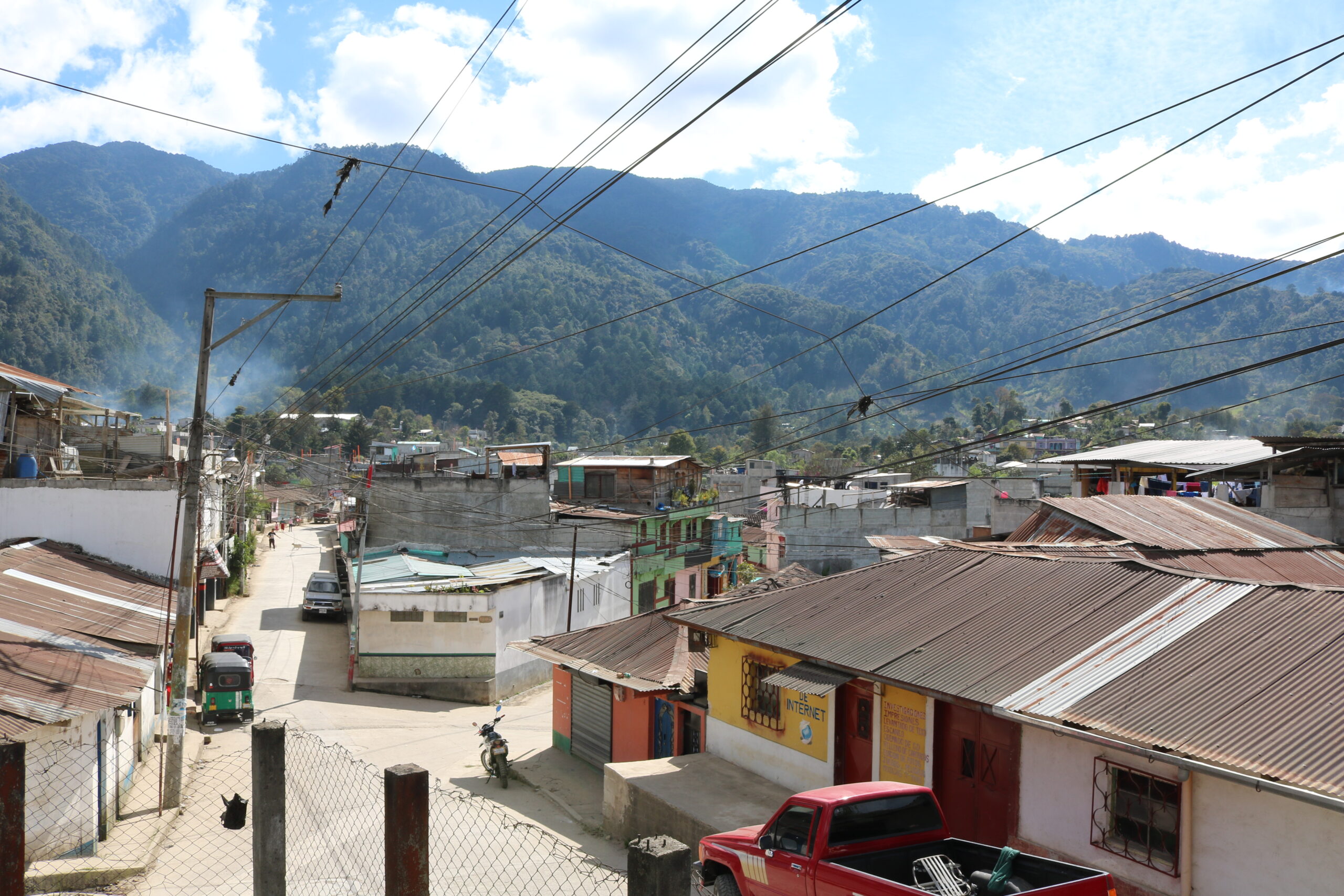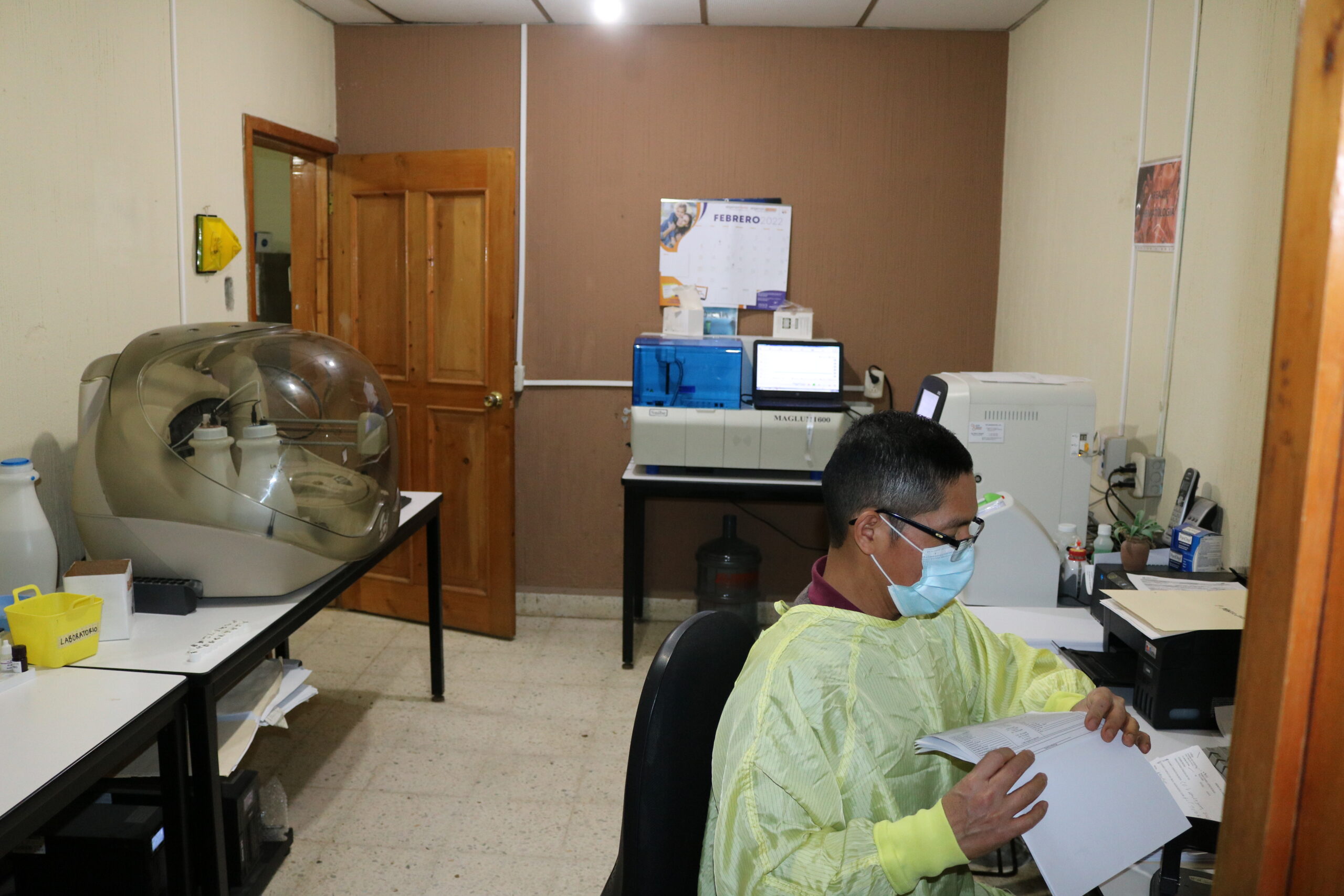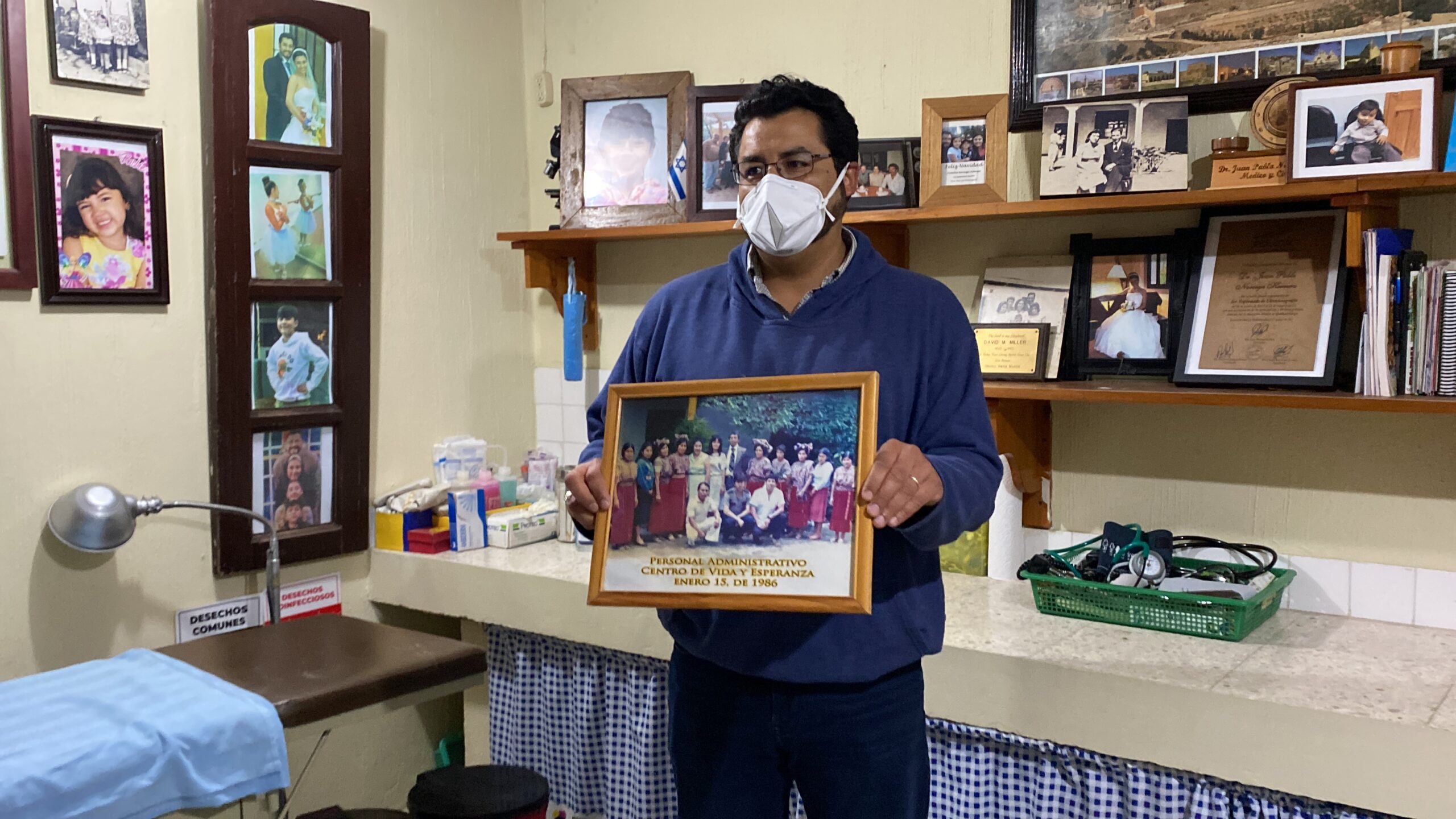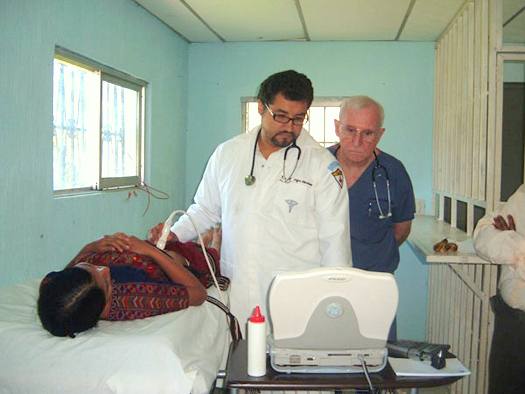The Doctor Will See You Now
When Juan Pablo Noreiga was just a young boy growing up in Guatemala, he already had big dreams. “I want to be a doctor,” he told a team of visiting missionary doctors. And it wasn’t just a pipe dream. Juan Pablo was very bright and had been able to read since the age of 3. His parents, Gilberto and Ruth Noreiga, were very committed to education and had helped Missionary Ventures equip many Christian schools across Guatemala.
One of the doctors on the mission trip encouraged Juan Pablo in his studies and eventually helped him go to medical school, where he graduated at the age of 21.
Then Juan Pablo had a decision to make – should he pursue a medical career in the United States, where he had plenty of opportunities, or in Guatemala? He felt God calling him to the greatest area of need – the mountainous rural area of Nebaj. Missionary Ventures had been assisting a children’s renutrition center in Nebaj caring for malnourished children after the Guatemalan civil war and Juan Pablo was invited to take over leadership of the small “hospitalito.” He his wife, Carolina, have now been serving there for more than 15 years.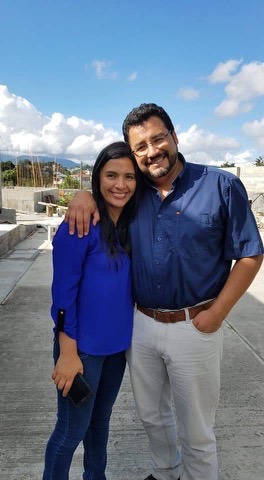
There is a great need for a quality hospital in Nebaj. “There are infectious diseases, gastrointestinal issues, and a lack of sanitation,” says Juan Pablo. “People have COPD because they burn fires in the household on dirt floors. They have pneumonia, bronchitis, diabetes, high blood pressure, some have obesity—they are poor, but when they have some money, they buy coke and chips.” For some families, the kids might eat just tortilla and salt and they are malnourished. “They might look ok, but their growth is stunted,” Juan Pablo explained.
The government hospital has 22 doctors and yet sees only 100 patients a day, but Juan Pablo and just one other doctor at the hospitalito are able to see 45 each day.
They have trained every worker to pray as they go. If they see someone looking sad, they ask “what’s wrong?” Maybe the patient would say, “I’m worried waiting for my test results,” and the hosptialito worker would offer to pray with them.
There is also a challenge of caring for the local Ixil people simply because of their language. Juan Pablo knows some of the language, but also needs a translator sometimes. But even with translation, it can be a challenge because there are no Ixil words for some of the pain they might be experiencing. “In Ixil, there is no word for lungs,” Juan Pablo explained, “so pain in heart could actually mean stomach pain.” There are generalizations for many words – for example, a car is simply called “metal.”
“Bad air could be anything,” Juan Pablo shared. “But if you ask about additional symptoms, they will often just respond with ‘yes,’ and they always want all the tests. I’m not sure why.” But Juan Pablo has great patience with everyone who comes to see him and has an excellent reputation. The line is always long to see Juan Pablo.
The hospitalito is also connected to a nursing school Juan Pablo and Carolina began in Nebaj.
Through the years, the small hospitalito has continued to grow and adapt, and now the Noreiga’s plans are bigger than ever, with a vision (and plan already underway) to develop the hospitalito into a full three-story hospital with a surgical room and ambulance bay.

